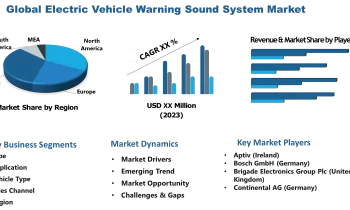
Thursday saw the Bank of England raise interest rates by 0.25% to 1.25%, taking its interest rate to its highest level in 13 years.
In a fifth consecutive increase, the Bank of England raised interest rates from 1% as the Central Bank looks at ways to combat the runaway inflation.
As British citizens find the cost of living increasing, the BoE made the interest rate hike decision amid record inflation and record fuel and energy costs.
Inflation is currently running at 9%, the highest it has been for more than four decades. Worse news still, the inflation rate is expected to go beyond 11% by the end of the year.
Minutes from the Bank of England meeting reveal that Six of the nine members of the Bank’s Monetary Policy Committee voted to increase rates to 1.25%. In an ominous look at what’s ahead, three of the nine members voted to raise interest rates to 1.5% this month.
The minutes also showed that the UK central bank expects the British economy to contract by 0.3% in the April-to-June period.
The hike in interest rates takes it to its highest level since February 2009 and comes as the Government looks to combat a 40-year high UK inflation rate.
Yesterday’s increase followed a 0.75% interest rate hike in the US the day before as the Federal Reserve seeks to battle US inflation at a 40-year high.
A Recession Ahead?
With contraction predicted for this quarter, as yet the Bank of England has not updated its expectations for the July-to-September quarter. Previously, the BoE has said that it expects growth in the quarter. However, should the UK economy show a contraction then, it would technically put the UK in recession. Two consecutive quarters of contraction constitute a recession.
The UK, however, is in a precarious position. The job market is extremely tight, with 1.3 million unfilled job vacancies and many people unable to offset rising inflation. The next few months look vital for the UK economy, the world’s fifth-largest economy according to GDP, to see what direction it is going.



